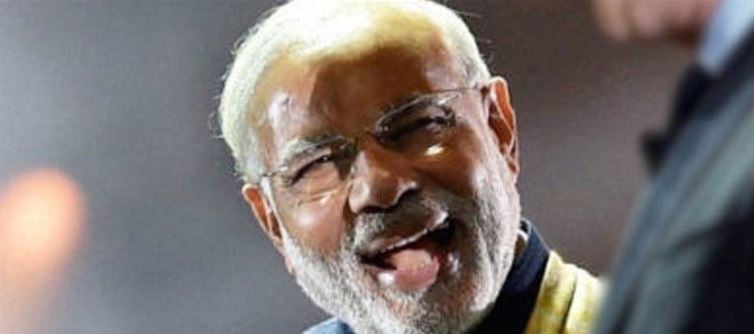
The controversy deepens when one looks at the sponsors of the Asia Cup 2025. Wonder Cement, the title sponsor, is owned by vimal Patni, a businessman whose name has been linked to the infamous Sohrabuddin encounter case. More strikingly, Patni is reported to have donated ₹20 crore to a political party through electoral bonds, raising uncomfortable questions about the nexus between corporate donations, politics, and sporting decisions. For critics, this is a clear conflict of interest—the financial clout of sponsors and donors seems to outweigh nationalistic rhetoric, making it easier to understand why the government has chosen silence over action in this case.
This situation has reignited the debate over whether India’s cricketing and political priorities are being compromised by money power. If the government truly places “nation first,” then cancelling matches against Pakistan—especially given the history of border conflicts and terrorism—would have been a logical stance. Instead, commercial gains, political funding, and the lure of global broadcasting rights seem to have taken precedence. For many, it exposes the gap between political slogans and real action: when it comes to cricket, money appears to matter more than national security concerns.




 click and follow Indiaherald WhatsApp channel
click and follow Indiaherald WhatsApp channel